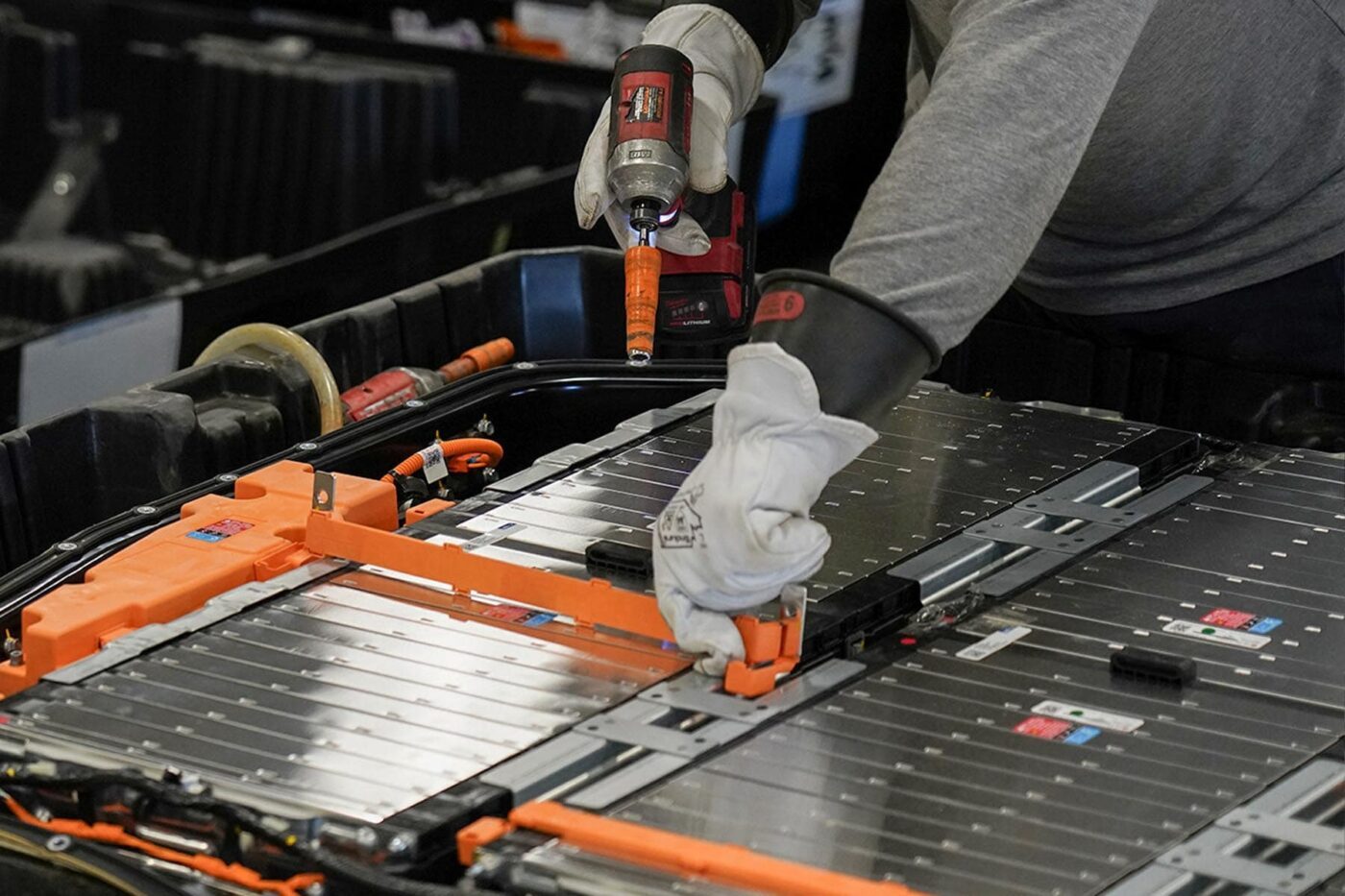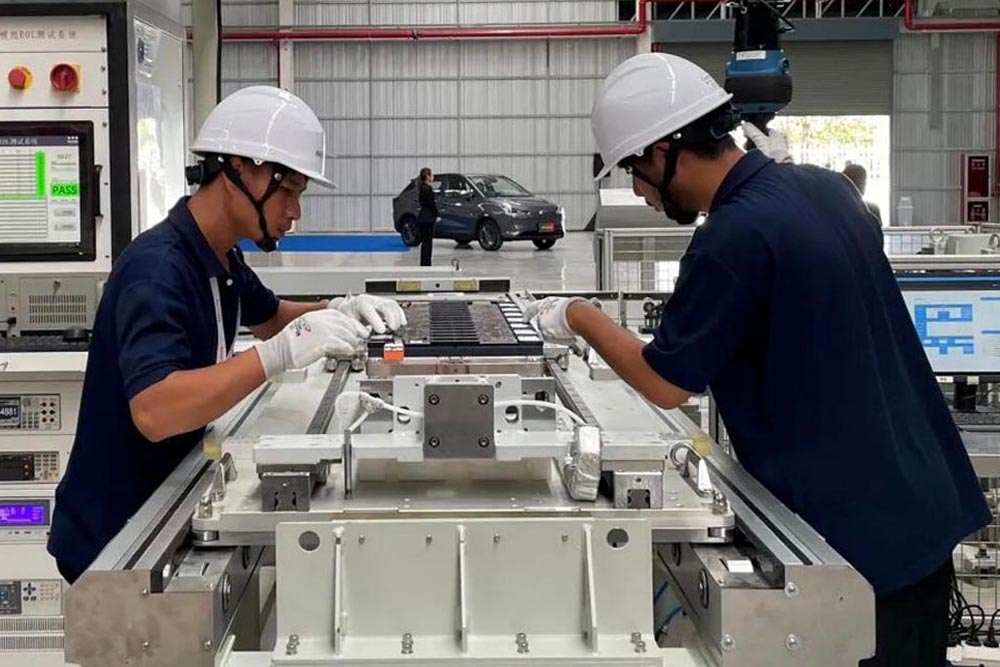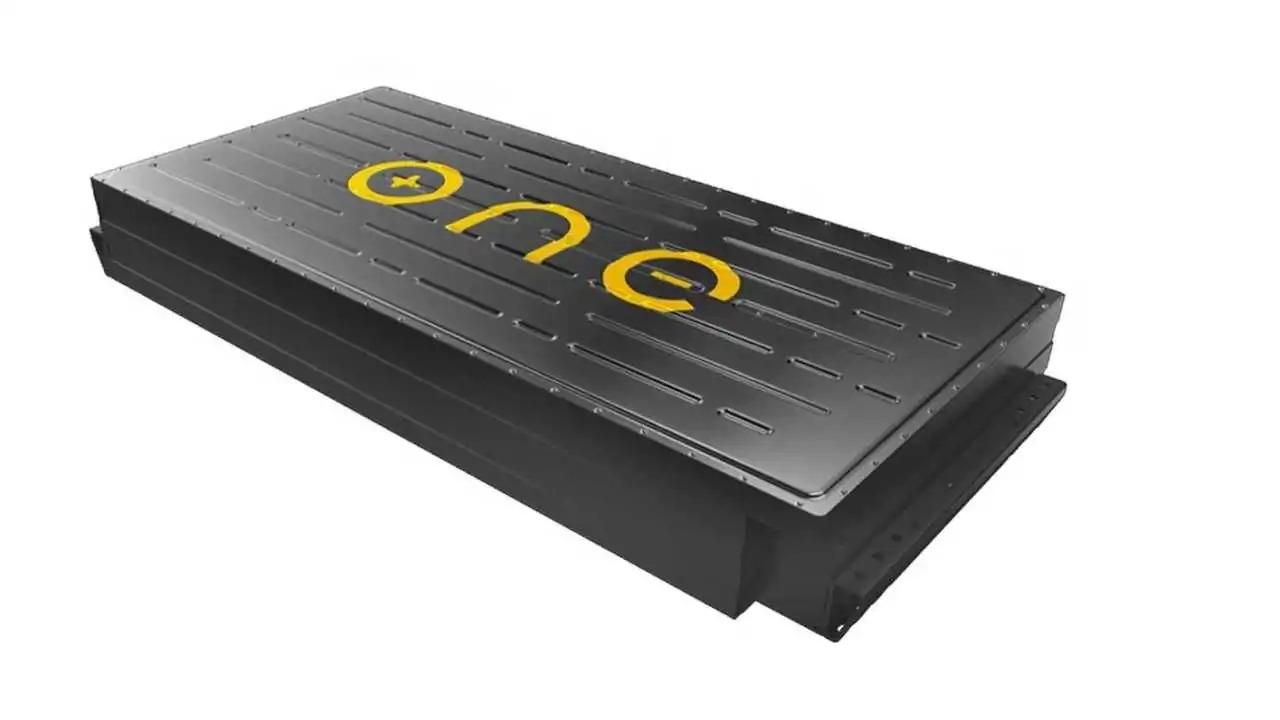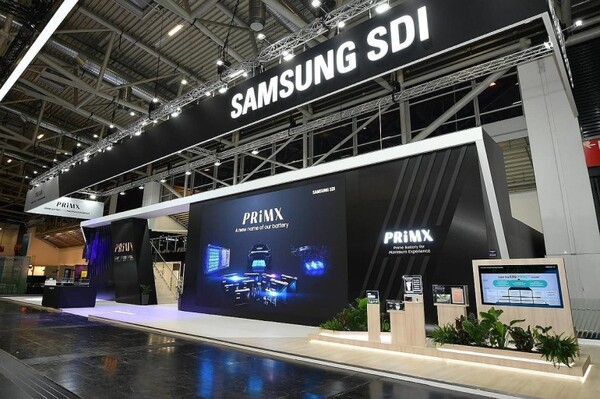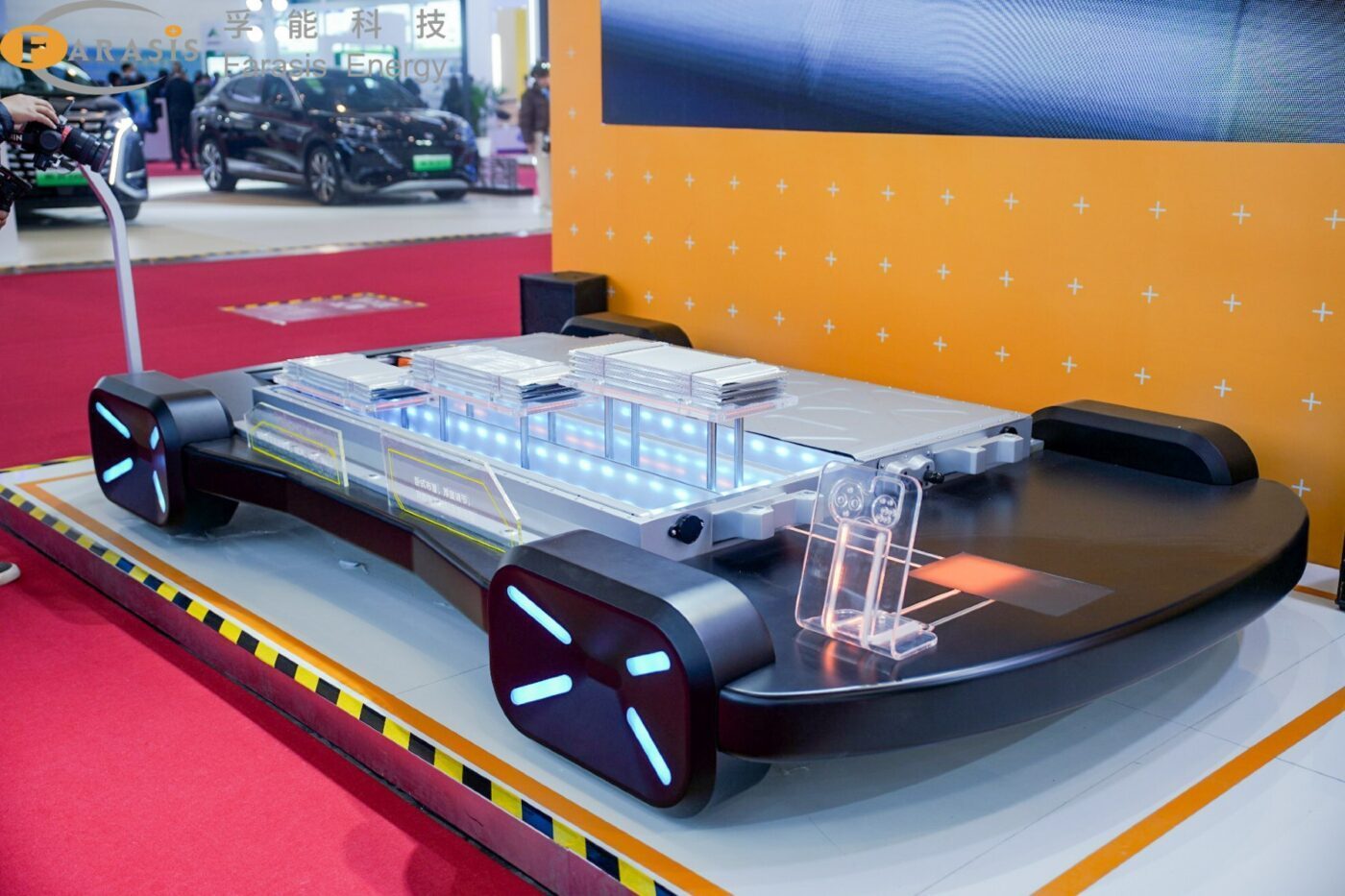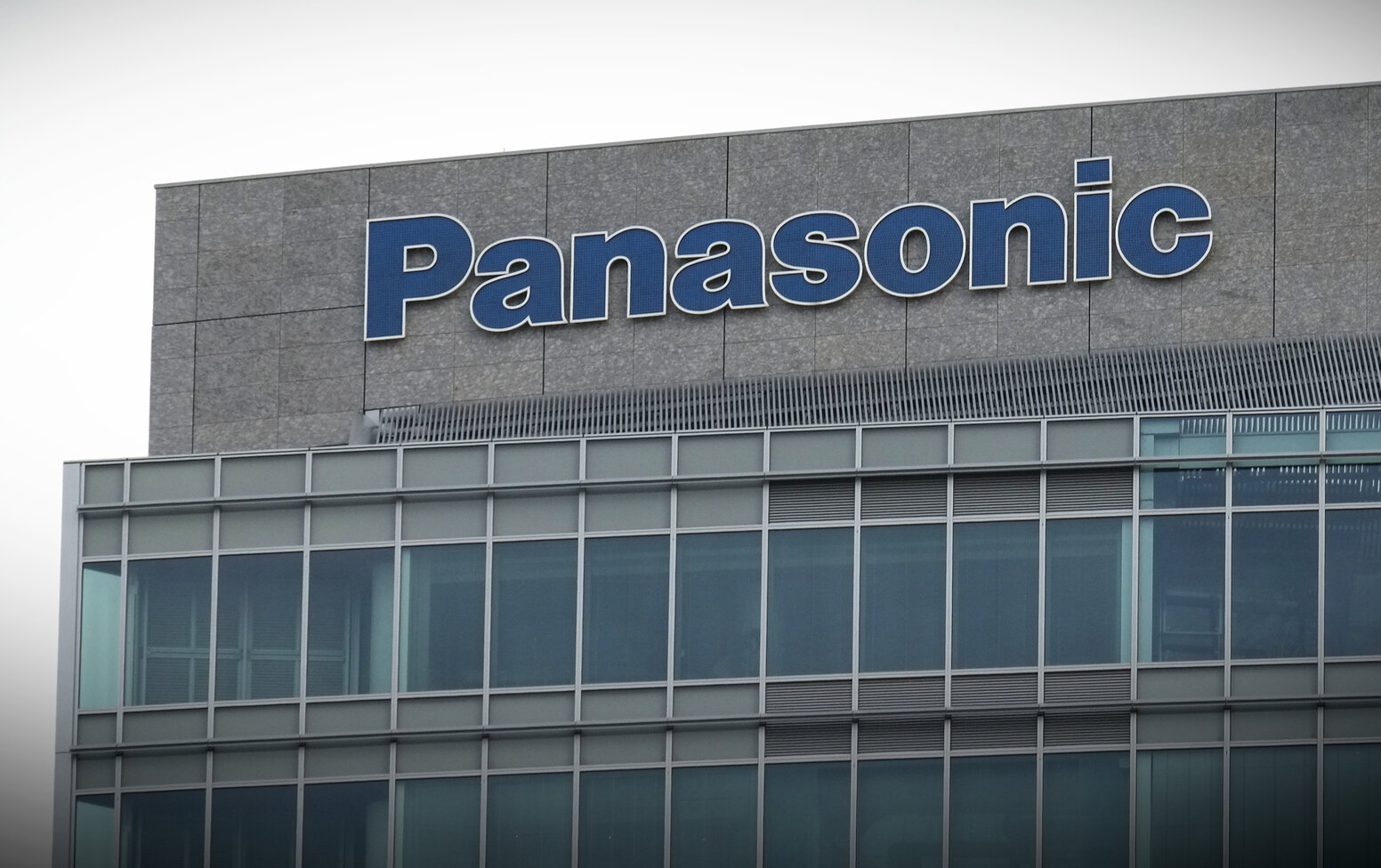Chemical group BASF is set to undergo significant restructuring, as it plans to separate several large divisions from its existing structure and transfer them to legally independent units. Among the divisions affected is the battery materials business for electric vehicles. The move, according to BASF, aims to achieve “differentiated business management for greater profitability,” as stated in the accompanying Group statement. The restructuring process is expected to be completed by 2026, according to the industrial union IGBCE.
BASF clarified that the intention is not to sell the divisions but rather to provide “more room to meet the needs of their specific customer industries while continuing to enjoy the benefits of an integrated company.” This approach will be applied to Battery Materials and Coatings within the Surface Technologies segment, as well as to Agricultural Solutions.
On the other hand, BASF plans to continue managing the Verbund businesses, which include the Chemicals, Materials, Industrial Solutions, and Nutrition & Care segments. The company aims to create value through the efficient use of resources, the bundling of demand, and synchronized, deeply integrated production along value chains.
The restructuring aligns with BASF’s strategy to adapt its business management and increase competitiveness. BASF CFO Dr. Dirk Elvermann stated, “We are combining the advantages of a more differentiated approach to managing individual businesses with the benefits of the Verbund and our positioning as an integrated company.”
The press release emphasizes that all divisions will continue to be measured by their cash generation. For the Battery Materials business, BASF targets an EBITDA margin (pre-exceptionals) of 30% or more (excluding metals) by 2030. The company, a global player in the battery materials sector, recently inaugurated a cathode material factory in Schwarzheide, Germany, with production capacity sold out for the next few years.
BASF’s battery materials activities extend globally, including a cathode material factory in Canada and production in Japan through the joint venture BASF Toda Battery Materials. The company serves customers such as Prime Planet Energy & Solutions (PPES), a battery joint venture between Toyota and Panasonic. Additionally, BASF is exploring a potential collaboration with South Korean battery cell manufacturer SK On, focusing on markets in North America and the Asia-Pacific region, particularly for cathode materials.


